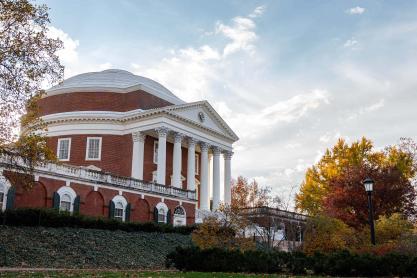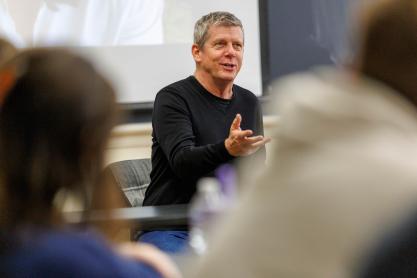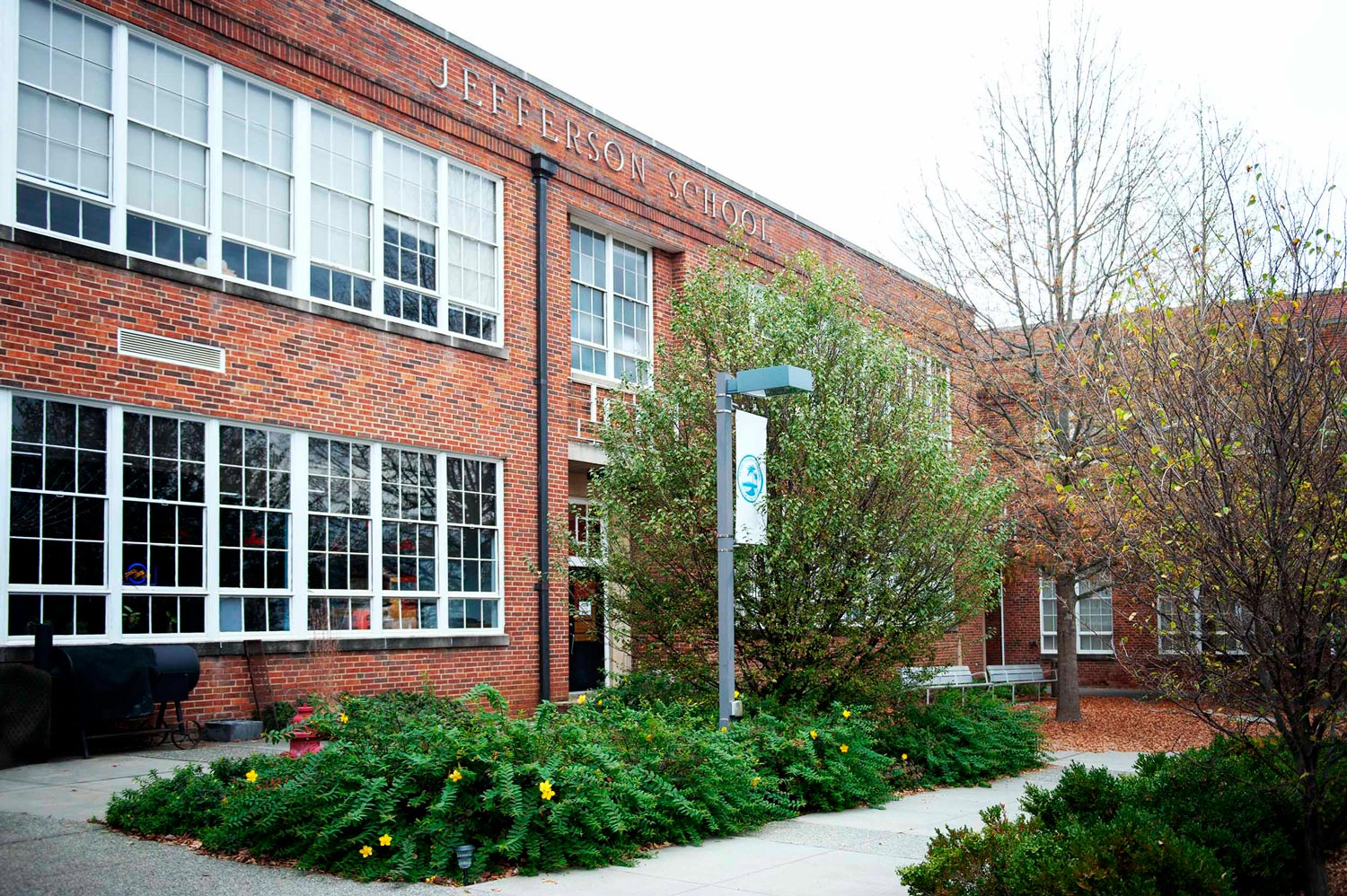At a time when America’s democratic ideals of justice and equity are being challenged anew, the University of Virginia has been reckoning with histories of racism on Grounds and locally, as well as in U.S. society, in a number of different ways – from the 10-year process of creating the Memorial to Enslaved Laborers to this summer’s Racial Equity Task Force recommendations.
A new UVA initiative, funded by a three-year, $5 million grant from The Andrew W. Mellon Foundation, will create a broad, interdisciplinary undergraduate program on “Race, Place and Equity” while partly funding 30 post-doctoral fellows and three faculty members, expanding UVA’s academic strengths in teaching about racial equity and democracy.
“Our national reckoning on race, justice and equity will test and sharpen our commitment to democracy and reshape the nation: comprehensively, and one community at a time,” the proposal says. “That national reckoning is particularly acute in Charlottesville and at the University of Virginia. The histories of race and racism that testify to the unfinished business of the democratic experiment are inscribed in the fabric of our buildings, streets, neighborhoods and rural lands.”
The program will emphasize cultural landscapes and natural places that reveal history, locally and nationally. Along with addressing racial equity, the initiative will be open to students in all schools eventually to make a curricular impact, said one of its principal administrators, Vice Provost for Academic Outreach Louis Nelson. (Also a professor of architectural history, Nelson is leading another program of field schools to recover and preserve buildings and places that reflect “suppressed and erased histories” in locales around the country.)
The program will be based in the humanities, but expand across the University, with deans from many of UVA’s schools already committing to participate. Lending their support to the Mellon program proposal along with Nelson were Ian Baucom, dean of the College and Graduate School of Arts & Sciences; Claudrena Harold, who chairs the history department; Nicole Jenkins, dean of the McIntire School of Commerce; Ian Solomon, dean of the Frank Batten School for Leadership and Public Policy; and Kevin McDonald, vice president for diversity, equity, inclusion and community partnerships.
“This new commitment from the Mellon Foundation,” Baucom said in email, “will help us further our mission as a public university in vital ways – particularly as an institution dedicated to the promise of democratic life consistently engaged with the unfinished struggles for democracy, freedom and justice with which our national and institutional histories are so deeply entangled.
“The present historical moment we are living in – and the deep histories that have produced it – call us to engage with renewed urgency the issues of inequality in the United States and across the globe. Our teaching, research, hiring and institutional practices and commitments must respond to this call, and the Mellon Foundation grant enables us to accelerate this crucial work.”
While the new program was already in the planning stages around the same time the Racial Equity Task Force convened last summer, it shares the similar goals, Nelson said, of educating a community of scholars and students as citizens committed to building a sustainable, anti-racist and equitable democracy.











